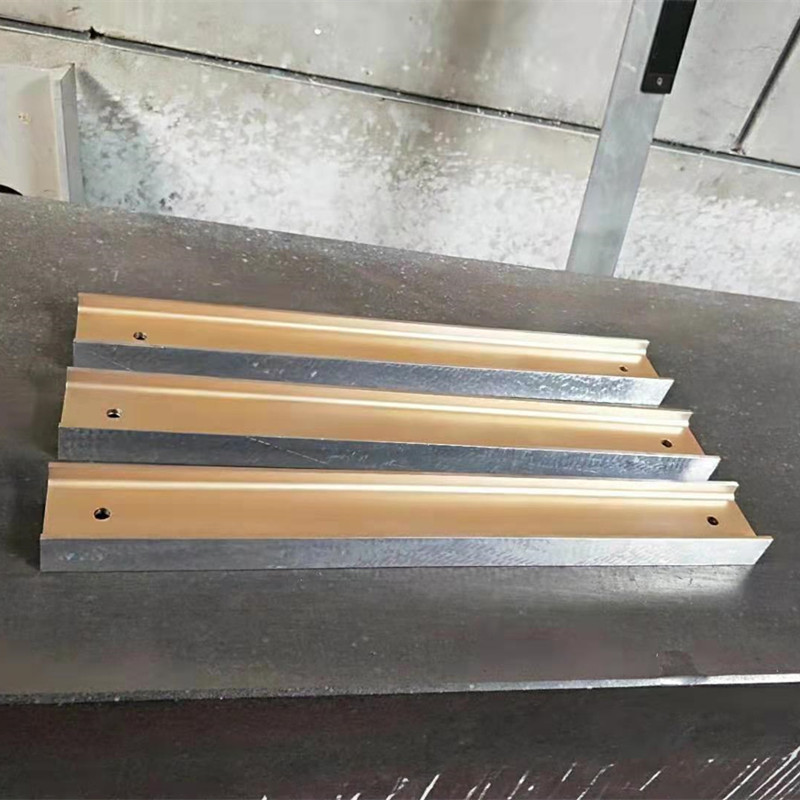Novemba . 07, 2024 11:58 Back to list
Exploring the Benefits and Applications of Metal Valves in Modern Industries
The Role of Metal Valves in Modern Industries
Metal valves are critical components in various industrial applications, offering control over the flow of liquids and gases under different pressures and temperatures. These devices are essential in manufacturing, energy production, and water management systems, among other fields. Understanding metal valves' types, benefits, and applications can provide insight into their indispensable role in contemporary industry.
Types of Metal Valves
Various types of metal valves are utilized across industries, each designed to serve specific functions. The most common types include gate valves, globe valves, ball valves, and butterfly valves.
1. Gate Valves Designed primarily for on/off service, gate valves have a linear motion mechanism allowing full flow with minimal pressure drop. They are often used in applications where fluid flow needs to be completely shut off or allowed to pass through without resistance.
2. Globe Valves These valves perform well in regulating flow due to their ability to provide fine control, making them ideal for throttling applications. Their spherical body shape facilitates changes in the flow direction, enhancing their regulatory capabilities.
3. Ball Valves Recognized for their quick operation, ball valves consist of a hollow, perforated, and pivoting ball. When the ball is aligned with the flow, the valve opens, and when the ball is perpendicular to the flow, it closes. Their reliability and ease of use make them a popular choice in numerous applications.
4. Butterfly Valves Known for their compact design, butterfly valves use a rotating disc to control flow. They are suitable for large volumes of liquid and can be operated quickly and easily. This characteristic, combined with their lightweight nature, makes them adaptable for various systems, from water supply to chemical processing.
Advantages of Metal Valves
metal valve

The utilization of metal valves offers several advantages over valves made from other materials
. Firstly, metal valves are renowned for their durability and resistance to wear and tear, making them suitable for high-pressure and high-temperature applications. Materials like stainless steel, brass, and bronze provide excellent mechanical strength and corrosion resistance, extending the lifespan of the valves.Secondly, metal valves can handle a wide range of fluids, including corrosive substances and viscous liquids, further enhancing their versatility across industries. They also maintain consistent performance levels, ensuring efficient operation and minimizing downtime.
Thirdly, metal valves generally have a higher flow capacity compared to plastic or rubber alternatives, allowing for more efficient system designs with lower energy consumption. Their robust construction ensures that they can endure harsh conditions, whether in a chemical processing plant, oil refinery, or wastewater treatment facility.
Applications in Various Industries
Metal valves are utilized in a multitude of sectors, including oil and gas, water treatment, manufacturing, and food and beverage. In the oil and gas sector, isolation and control valves are integral for managing the flow of crude oil and natural gas, ensuring safe and efficient operations.
In water treatment, metal valves facilitate the movement of water through filtration and treatment systems. They play a crucial role in maintaining the quality of drinking water by ensuring that contaminants are effectively removed before reaching consumers.
Moreover, in the food and beverage industry, metal valves must adhere to strict hygienic standards to prevent contamination. They are often designed for easy cleaning and maintenance, ensuring compliance with health regulations.
Conclusion
The significance of metal valves in modern industries cannot be overstated. Their ability to regulate flow, withstand harsh conditions, and handle a variety of substances makes them indispensable across a wide range of applications. As industries continue to evolve with new technologies and processes, the demand for reliable and efficient metal valves will only grow. Investing in quality valves not only enhances operational efficiency but also contributes to the safety and sustainability of industrial practices. Understanding and utilizing these components effectively is key to achieving optimal results in any industrial setting.
-
Thread Micrometer Set FeaturesNewsJul.04,2025
-
Right Angle Ruler Tool for WoodworkingNewsJul.04,2025
-
Precision Frame Level Calibration StepsNewsJul.04,2025
-
Magnetic Vee Block MaterialsNewsJul.04,2025
-
Heavy Duty Ground Anchors in MiningNewsJul.04,2025
-
Features of Welding Table Cast IronNewsJul.04,2025
Related PRODUCTS









